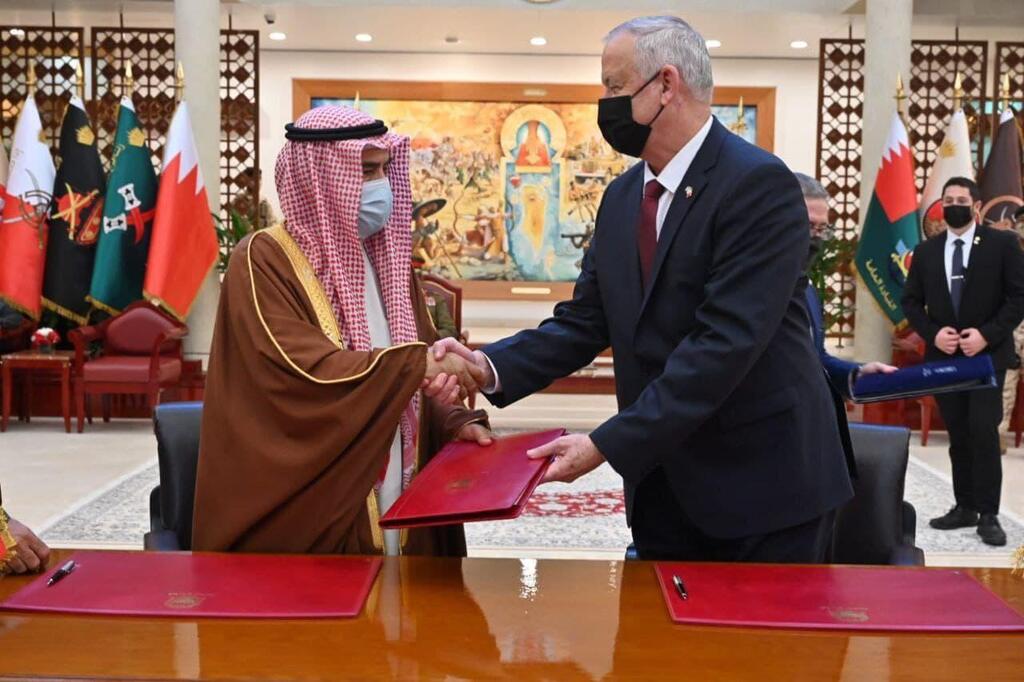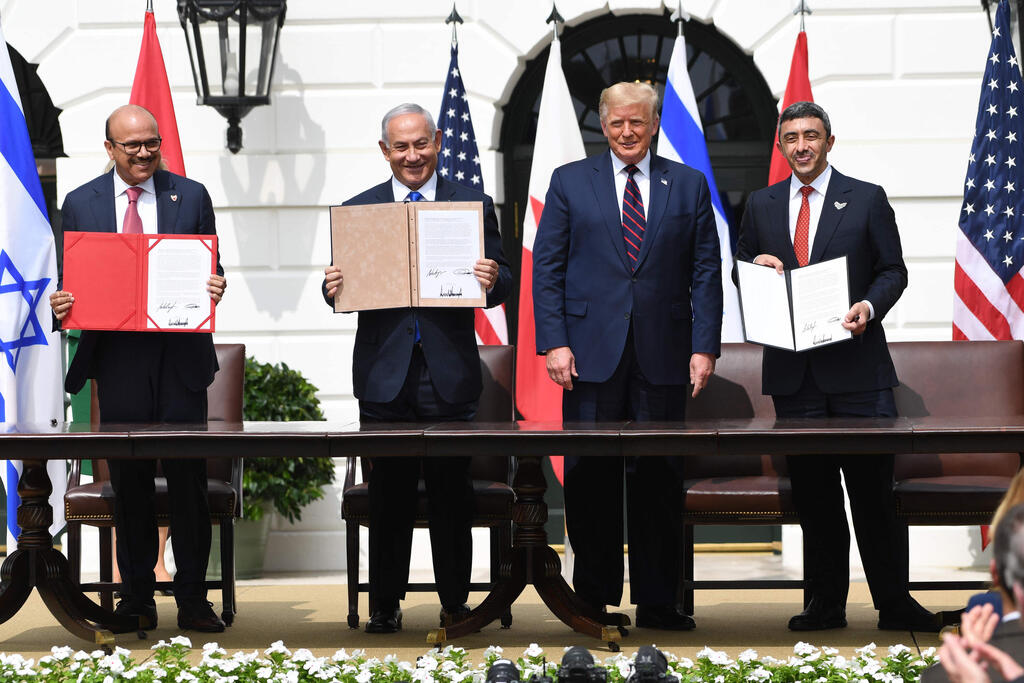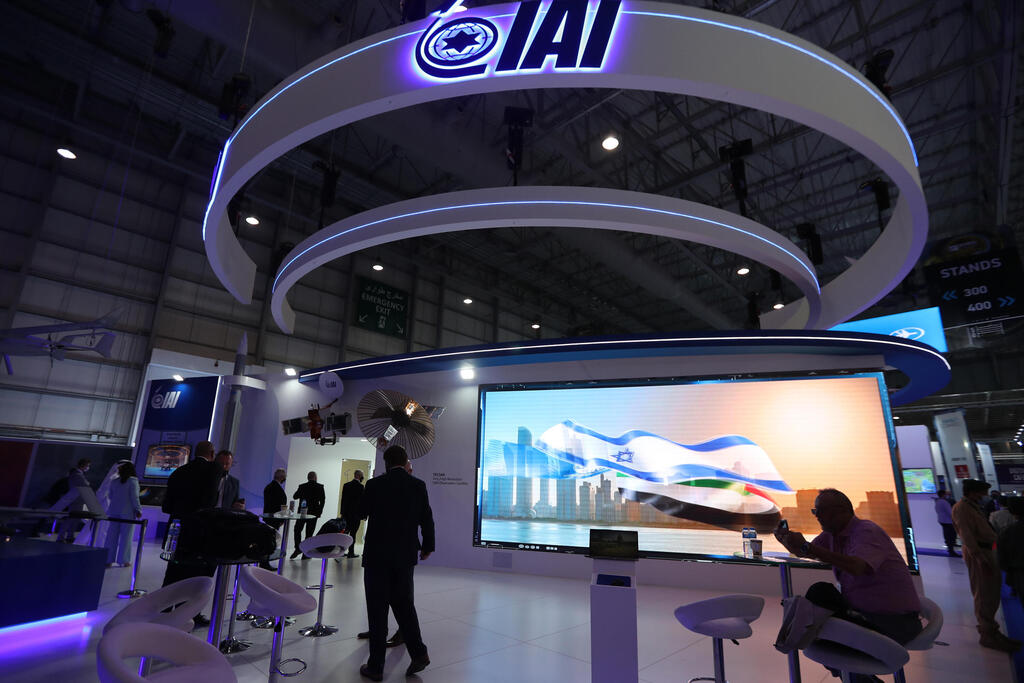It is with the greatest pleasure and satisfaction that I am finally making my inaugural trip to Israel, something I have long hoped for. As I prepare to meet with fellow parliamentarians, researchers in think tanks, academics, and community leaders, this trip is about building a union for humanity through friendship, not unity against a common enemy.
As we reach 18 months since the historic announcement of the Abraham Accords Peace Agreement, it is important to remember the reasons for it coming to life. While critics continue to suggest it is an agreement based on military and defense priorities, it is in fact designed to bring peace not only to its signatories but to the wider region and in turn, the world.
Far beyond military and defense goals, the accords have already seen great progress from the collaborations in fighting the pandemic to academic partnerships, cultural exchanges, and educational programs.
It is time to take the narrative beyond the headlines and look deeper; instead of focusing on demonizing one of the region’s major powers, we must come together based on our shared humanity. In the United Arab Emirates, where we are almost 200 nationalities living and working in peace and harmony, we wanted to take this philosophy, a key tenet of our founding father, Sheikh Zayed bin Sultan Al Nahyan, into the wider region.
Now I am excited to meet my fellow parliamentarians in the Knesset and build on the key role we have in regional and global diplomacy, far beyond the limitations of national borders and internal politics. True diplomacy is found in people-to-people interactions, the kind being led by our youth in the UAE who are welcoming their new friends from the region with open arms. The youth of this region must be the focus for all of us, no matter where we are.
We all have a role to play, however big or small, in our families, communities, schools, sports organizations, mosques, and workplaces. I come to Israel to embrace our brothers, as friends and family on a shared path with a unified goal.
This is a visit to cultivate further work together and promote peace, to do more when it comes to our relationships between our two nations and our people, to discuss initiatives that help combat extremism and hate, to cultivate coexistence. This means not only meeting counterparts in the Knesset and government ministries but the true influencers of our time in think tanks, the guardians of peace behind the scenes who can safeguard a common future.
The Abraham Accords are here to stay and there is no way back. They are here to benefit the whole region, especially Israel, no matter one’s race or religion. The accords are a bridge to a future where we find common solutions, not divisive wars. Those who stand against this powerful peace agreement question the Abraham Accords at the slightest challenge but believe me when I say that we are not so easily shaken. We don’t link this engagement with any other issues we may disagree on. Just like in any family, any relationship, disagreement is normal, and I reiterate: It will not affect the treaty.
3 View gallery


Historical visit in Bahrain and a signing of a security agreement
(Photo: Ariel Hermoni, Defense Ministry)
Our relationship is not limited to security and issues of conflict in the region. The UAE, in fact, has for many years been home to a Jewish community hailing from all over the world, home to some of the brightest minds in business and academia who saw the country as a place to call home long before the Abraham Accords took flight.
We have for many years hosted delegations from the American Jewish Committee who have become long-standing partners in this process. The progress between the UAE and Israel has moved at a pace witnessed like nothing else in the region, with a raft of tangible results across fields from energy to agriculture, artificial intelligence to the sport.
It is a relationship that will be government to government, private sector to private sector, and above all, people to people. It is not security that will attract and engage the public; it is through means that affect everyone’s lives daily – those that touch hearts.
Dr. Ali Al Nuaimi is a chairman of the Defense Affairs, Interior and Foreign Relations Committee of the United Arab Emirates’ Federal National Council
Republished with the permission of The Media Line



